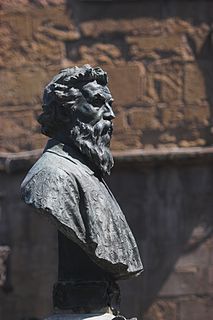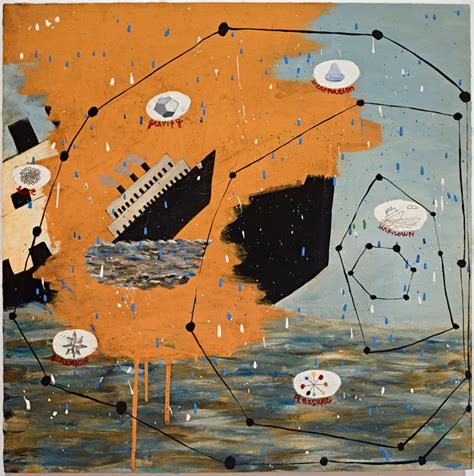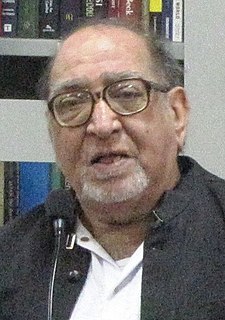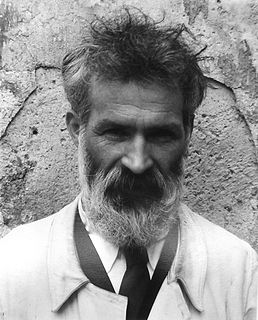A Quote by Hans Arp
A painting or sculpture not modelled on any real object is every bit as concrete and sensuous as a leaf or a stone... but it is an incomplete art which privileges the intellect to the detriment of the senses.
Related Quotes
After painting comes Sculpture, a very noble art, but one that does not in the execution require the same supreme ingenuity as the art of painting, since in two most important and difficult particulars, in foreshortening and in light and shade, for which the painter has to invent a process, sculpture is helped by nature. Moreover, Sculpture does not imitate color which the painter takes pains to attune so that the shadows accompany the lights.
For me, architecture is an art the same as painting is an art or sculpture is an art. Yet, architecture moves a step beyond painting and sculpture because it is more than using materials. Architecture responds to functional outputs and environmental factors. Yet, fundamentally, it is important for me to stress the art in architecture to bring harmony.
The refining influence is the study of art, which is the science of beauty; and I find that every man values every scrap of knowledge in art, every observation of his own in it, every hint he has caught from another. For the laws of beauty are the beauty of beauty, and give the mind the same or a higher joy than the sight of it gives the senses. The study of art is of high value to the growth of the intellect.
Cinema is a kind of pan-art. It can use, incorporate, engulf virtually any other art: the novel, poetry, theater, painting, sculpture, dance, music, architecture. Unlike opera, which is a (virtually) frozen art form, the cinema is and has been a fruitfully conservative medium of ideas and styles of emotions.
My personal belief is we should not bow to any object. But Islam was aware of this human weakness and fulfilled that need through Haj to kiss a stone. A stone is a stone but the vacuum was filled and it became the holiest object. I have performed Haj and seen the devotion of people braving stampedes only to kiss that stone.






































